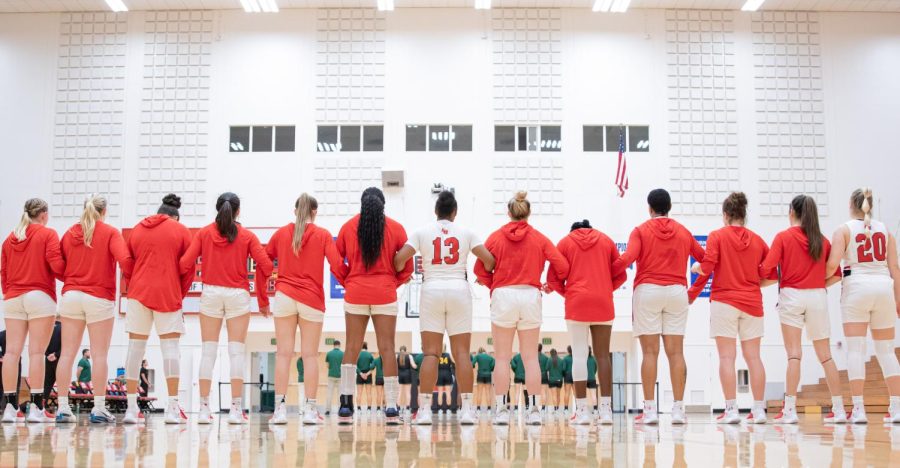
Social Networking Should be Monitored, Not Banned.
In an effort to protect children from potential child molesters, the state of Missouri is making it illegal for teachers to be “friends” with their students online.
This ban, SB54, effective August 28 under the Amy Hestir Student Protection Act, will restrict any form of private communication between teachers and students on social networking sites.
While it’s admirable that Missouri is taking preventive measures to protect children, the law suggests that all teachers are sexual predators.
This law would restrict contact between teachers and students outside of school, when students could greatly benefit from a teacher willing to go the extra mile to reach them.
Missouri’s law prohibits good teachers from doing their jobs and reaching out to students as much as they can.
As more young students turn to social networking sites as a means of communication, many teachers view sites like Facebook and Twitter as valuable tools to connect with students.
Teachers point out that these social networking sites have been extremely useful in tracking down students and keeping in touch with them, especially those students who might be apprehensive to talk to teachers directly in school.
Thus, a law like this would inhibit students from accessing those teachers, preventing potential beneficial interaction between educators and students, and tarnishing the way students see their teachers.

There already seems to be a barrier between students and teachers with the relationships we’re expected to have with them.
Many might find it uncomfortable or even unprofessional to be “friends” with a professor on Facebook, but should they?
Aren’t teachers not there to develop intellectual relationships with their students to help them grow and mature, as well as be available for students to consider them as their counselors and mentors?
Henceforth, this law could damage any way this regrettable view on teacher-student relationships might change in the future, as it is important that students see their teachers as accessible in an effort to improve education overall.
Unfortunate as it is that child molesters tend to work in or near places highly frequented by children, like schools, Missouri’s law is criminalizing a whole behavior towards a small minority.
If California should ever follow suit, it would make more sense to create policies and guidelines concerning what is and is not appropriate behavior online between teachers and students, as well as adding a digital provision to already existing molestation laws.
A thorough policy would allow the freedom to interact between student s and teachers while directly addressing the issue and warning students, rather than simply labeling teachers.
A law with loopholes and gray areas as this one does not solve the issue; yet addressing it through guidelines would set forth for educators a statue of responsibility and principles when interacting with their students in the virtual realm, and as a form of education for students and parents on the matter.
Forbidding teachers from contacting students online is an easy way out of solving a much broader issue. Missouri should take the initiative to directly address this issue rather than outright ban it.
A great teacher often times acts as the bridge through which students are able to reach their true potential, and laws that interfere with that special bond should be guarded against carefully.
In the end, we have the student’s futures to think about, and lamentably, this law might irreparably harm the way students and teachers work together in this country.










